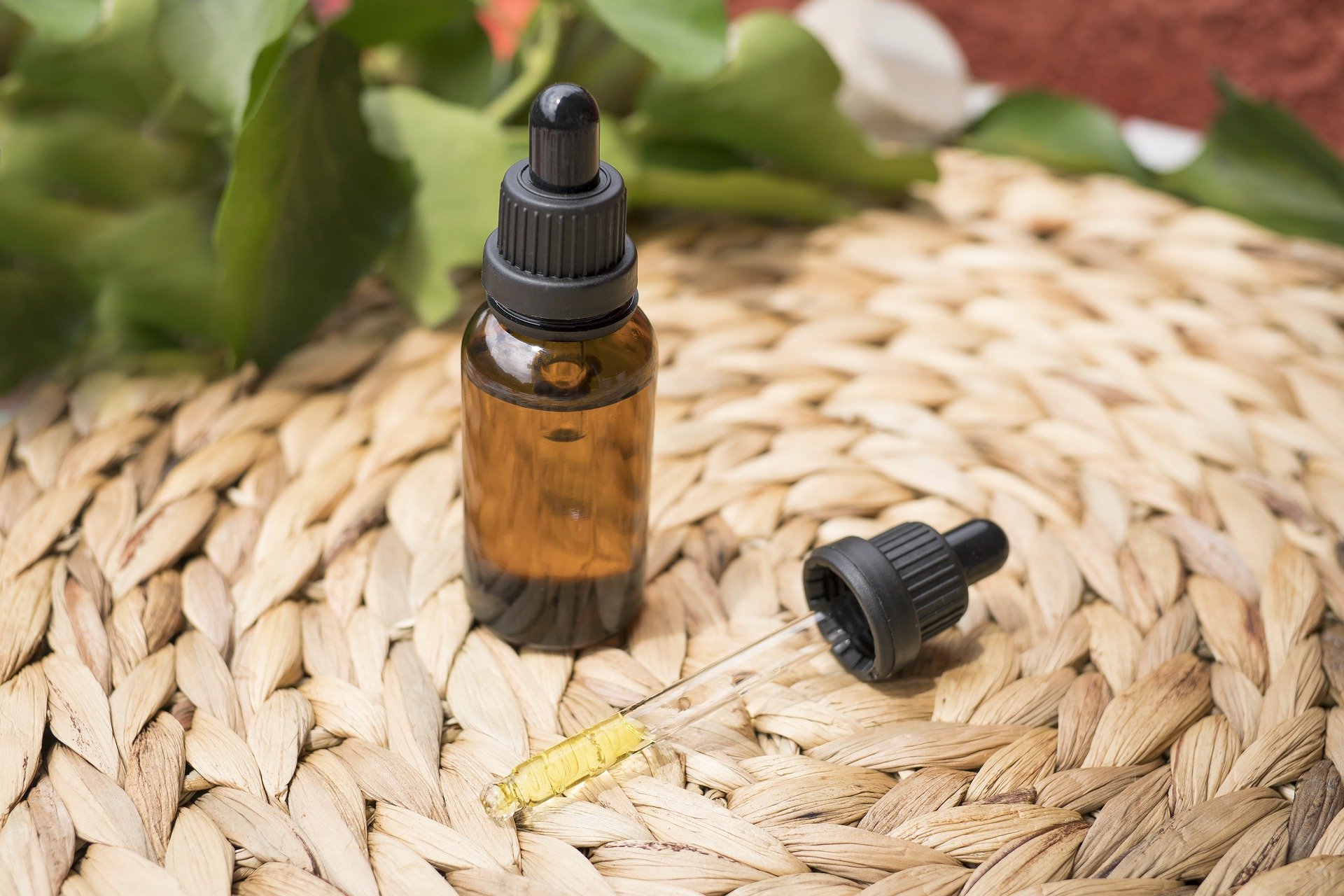When UK citizen Carly Barton was one of the first patients to be prescribed with medical cannabis last August, it was supposedly seen as a great leap forward for those seeking to use alternative medicines to help alleviate chronic pains.
However, since the legalisation of medicinal cannabis on the NHS in November 2018, very few Britons have been able to access prescriptions. A freedom of information request to the NHS business services authority confirmed there were no new prescriptions for the oil in England between its legalisation and the end of February.
There is understood to have been no change since. Shrouded in confusion and bad practice, it has sometimes been difficult for some to differentiate between THC and CBD as extracts of the Cannabis plant, and the effects that both have on the body.
The main difference is that, unlike THC, CBD has no psychoactive impact on your brain. However, CBD has been shown to have relaxing and calming benefits on the body.
As an extract of the Cannabis plant, THC interacts with the cannabinoid receptors in your brain and has an impact on your mental state.
It overwhelms the endocannabinoid system, where your body’s functions are carefully balanced, which creates the feelings which are commonly described as being ‘high’. For these reasons, cannabis-derived products with a high level of THC (more than 0.2%) are currently illegal in the UK.
This has therefore put people on the back foot to either use CBD-infused products from pharmacies, or restricted doctors from prescribing the compound.
CBD does indeed however differ from THC. CBD is another cannabinoid present in cannabis plants.
Although the two are commonly spoken about together, CBD is actually quite different to its counterpart THC. Despite the differences, and the legal status of CBD, this confusion has deterred the general acceptance of CBD Oil in the UK.
Furthermore, the Food Standards Agency (FSA) announced in February of this year that CBD oil products have to be registered by March 2021, otherwise they will face being pulled off the shelves.
With CBD oil use increasing by over 100% in the UK between 2017 and 2019, and representing a market that will be valued at over £1bn by the end of 2021, there are fears that consumers are left vulnerable to insufficient testing practices in the industry, and potential exposure to the illegal compound, THC.
Simon Manthorpe, CEO of EOS Scientific, the UK’s leading CBD oil testing and manufacturing service, is keen for CBD oil testers to work with the government to ensure a gold standard of practice within the industry.
“CBD oil as a market is still maturing, and therefore testing and regulating will continue to improve with time.
Responsible testers and manufacturers do already adhere to the stringent regulations stipulated by the government.. However, with palpable health benefits such as moderating symptoms of epilepsy and helping alleviate psoriasis, we are keen to work with the government to ensure that these products are indeed available to those who enjoy the benefits of CBD.
Here at EOS we have been leading this industry for the last five years and hope that we can work with other testers so that best practice is installed across the UK.
We would in fact welcome proper regulation and legislation from the government that result in all testing service to adhere to the same practices. We would hope to see a standardisation of testing methods included in any new reforms.
At the moment, testing methods are proprietary to each individual testing service. With multiple services offering multiple techniques, it is inevitable that results will vary”.





